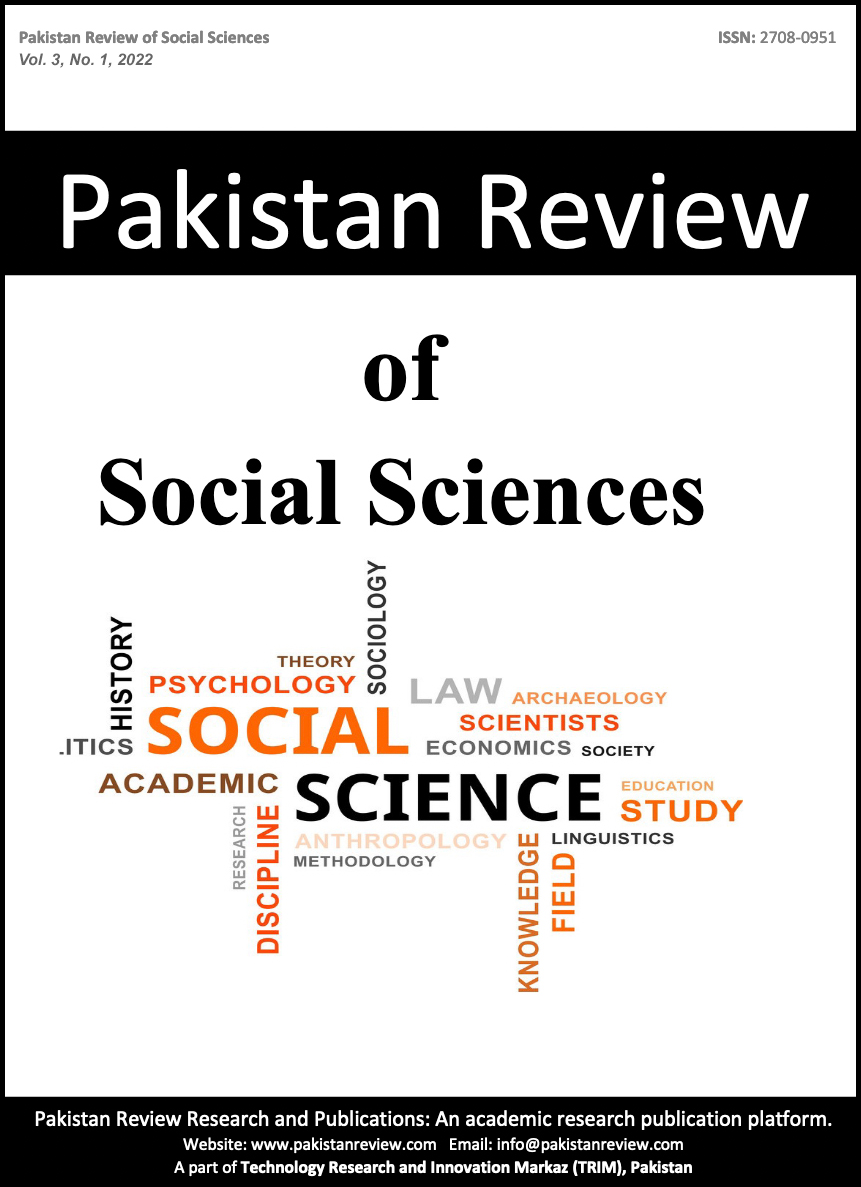ANALYSIS OF CLIMATE CHANGE POLICY OF PAKISTAN; HURDLES & LOOPHOLES
Keywords:
Climate Change Policy, loopholes, hurdles, mitigation, adaptationAbstract
“This research article investigates the challenges and gaps in Pakistan's climate change policy implementation. It summarizes the policy's evolution, aims, and significant efforts. Key problems identified in the study include a lack of political will, insufficient institutional capacity, financial limits, a lack of public awareness, and conflicting development goals. Recommendations are made to address these issues, including strengthening political commitment and governance structures, improving institutional capacity and coordination, allocating adequate financial resources, increasing public awareness through education and outreach, incorporating climate change considerations into sectoral policies, improving monitoring and enforcement mechanisms, and fostering international collaboration. The article also includes case studies from various nations that show particular examples of policy implementation issues and successful approaches. It continues by emphasizing the need of prioritising climate change on Pakistan's policy agenda and urging policymakers and stakeholders to take action in order to successfully address the issues and secure a sustainable future.”
Downloads
Published
Issue
Section
License
Copyright (c) 2023 Munir Ahmad, Muhammad Asad, Ali Irtaza

This work is licensed under a Creative Commons Attribution 4.0 International License.
Submission declaration
Authors retain the copyright to their work and grant the Pakistan Review of Social Sciences (PRSS) the right of first publication under a Creative Commons Attribution 4.0 International (CC BY 4.0) license. This license allows others to share, adapt, and reuse the work for any purpose, including commercial use, as long as appropriate credit is given to the original authors and the journal.
By submitting a manuscript, authors confirm that the work has not been published previously (except as an abstract, lecture, or academic thesis), is not under review elsewhere, and has been approved by all authors and relevant authorities. Once accepted, the article will be openly accessible under the CC BY 4.0 license, ensuring wide dissemination and reuse with proper attribution.






